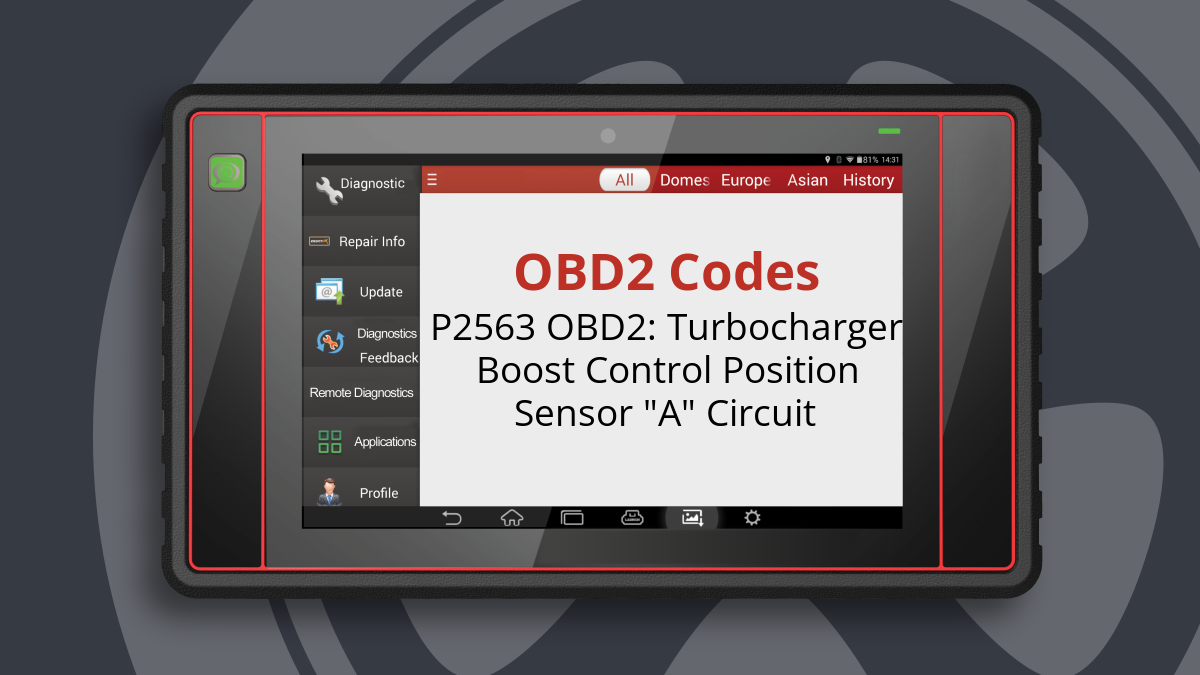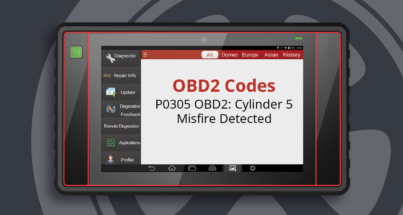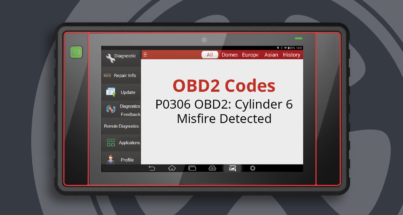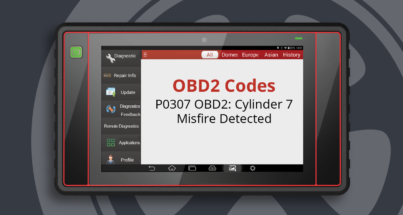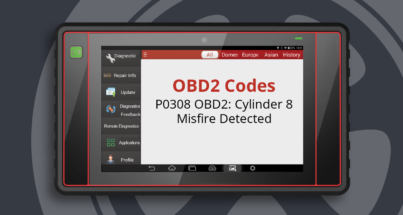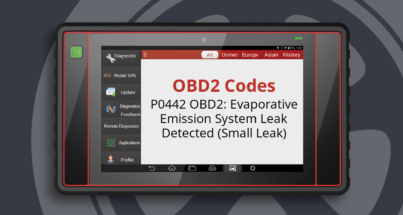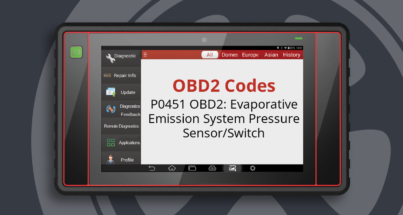What Does the P2563 Code Mean?
OBD-II Code P2563 is defined as a Turbocharger Boost Control Position Sensor “A” Circuit. This code is triggered when the engine control module (PCM) detects an issue with the circuit that monitors the turbocharger’s boost control position sensor.
What Causes the P2563 Code?
The P2563 code is typically caused by several factors:
- Failure of the turbocharger vane position sensor
- Issues related to the wiring or connectors in the circuit
- Failure of the Powertrain Control Module (PCM)
What Are the Symptoms of the P2563 Code?
Drivers may experience the following symptoms when the P2563 code is present:
- Lack of boost from the turbocharger or supercharger
How Serious Is the P2563 Code?
The severity of the P2563 code is considered moderate. While it may not immediately threaten the vehicle’s safety or functionality, it is essential to diagnose the issue within a reasonable time frame to prevent further complications and maintain optimal vehicle performance.
How to Diagnose the P2563 Code
To diagnose the P2563 code, a mechanic will typically follow these steps:
- Use an OBD-II scanner to confirm the presence of the P2563 code.
- Inspect the wiring and connectors related to the turbocharger vane position sensor for damage or corrosion.
- Test the turbocharger vane position sensor to ensure it is functioning correctly.
- Check the Powertrain Control Module (PCM) for proper operation.
Common Repairs for the P2563 Code
Repairs for the P2563 code may include:
- Replacing a faulty turbocharger vane position sensor
- Repairing or replacing damaged wiring or connectors
- Replacing or reprogramming the Powertrain Control Module (PCM) if it is found to be defective
How Much Does It Cost to Fix the P2563 Code?
The cost of fixing the P2563 code can vary widely depending on the specific issue. Generally, repairs can range from $100 to $1,000, depending on whether you need to replace the sensor, repair wiring, or address PCM issues.
Can I Fix the P2563 Code Myself?
While some DIY mechanics may be able to handle basic repairs, such as replacing the turbocharger vane position sensor or fixing wiring issues, diagnosing PCM problems often requires specialized tools and knowledge. It is recommended to consult with a professional mechanic for a thorough diagnosis and repair.


